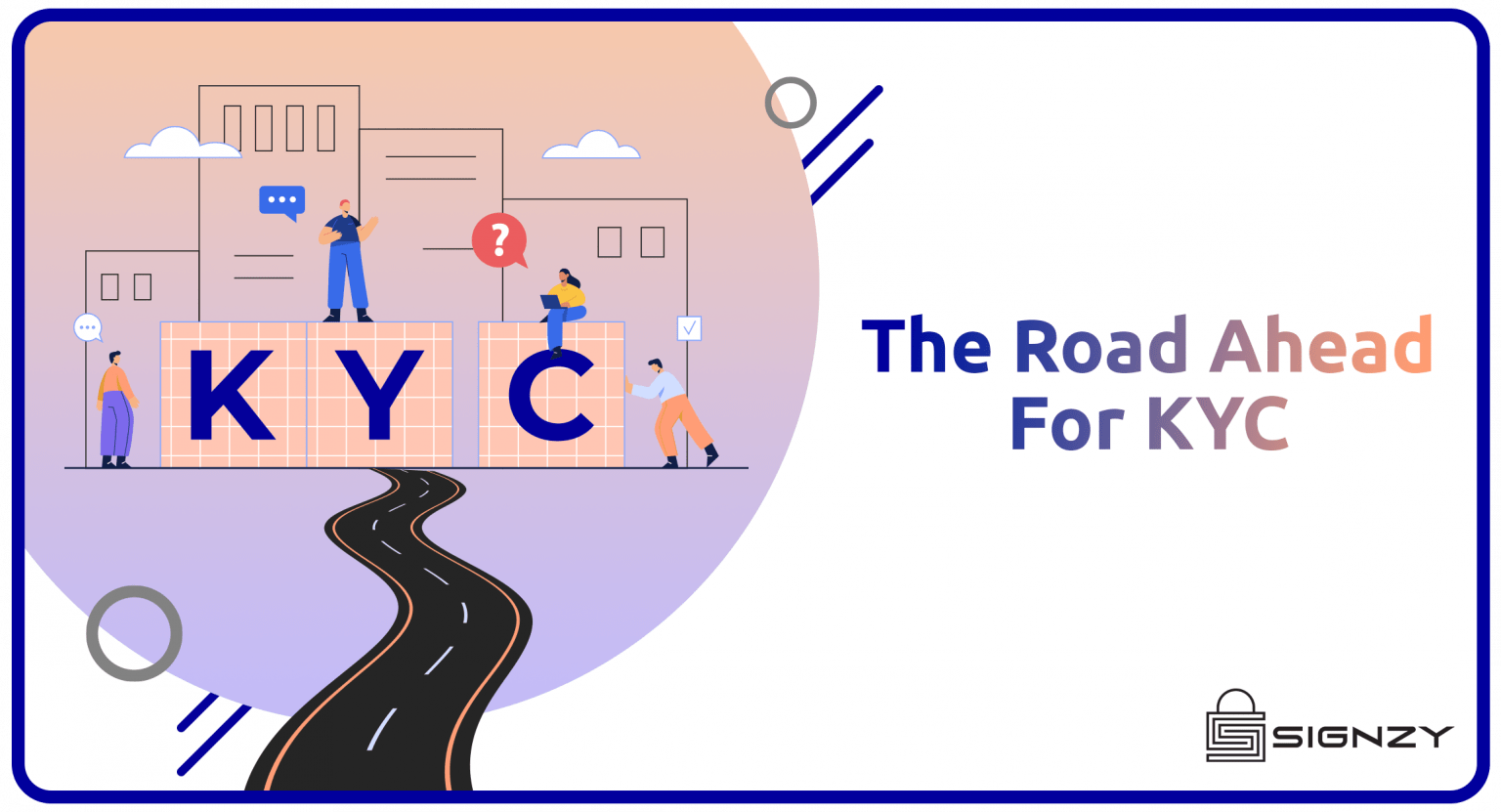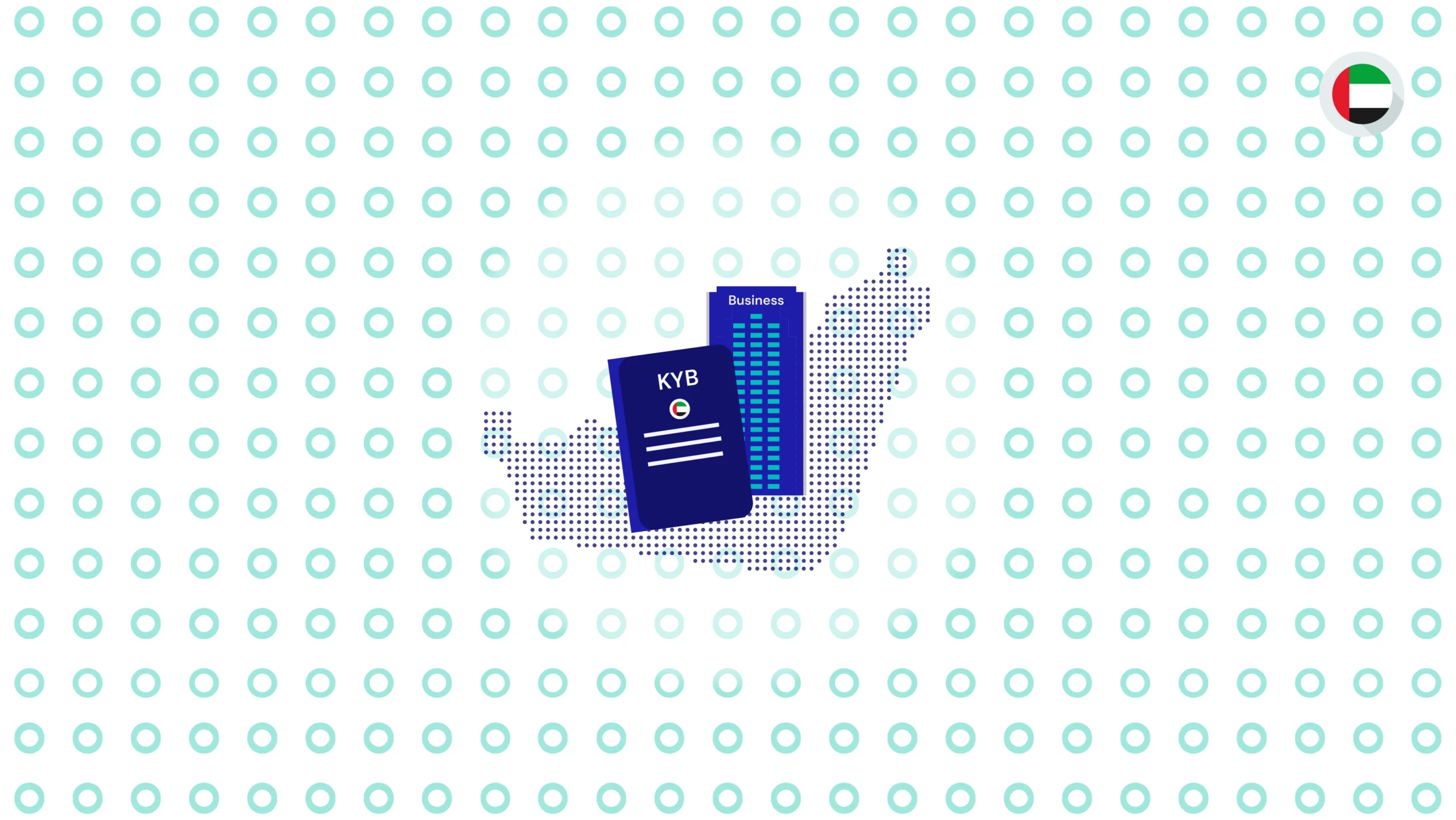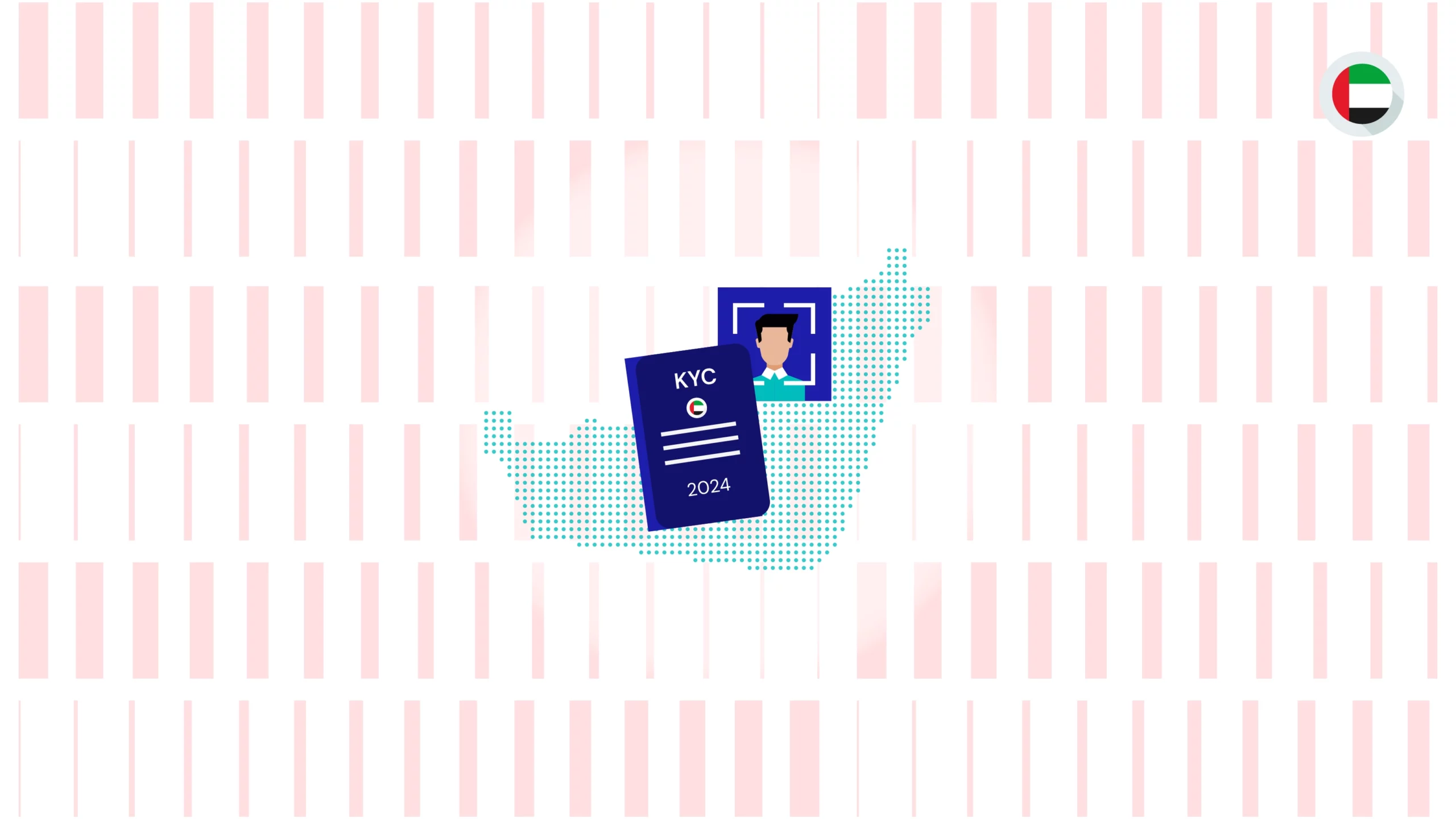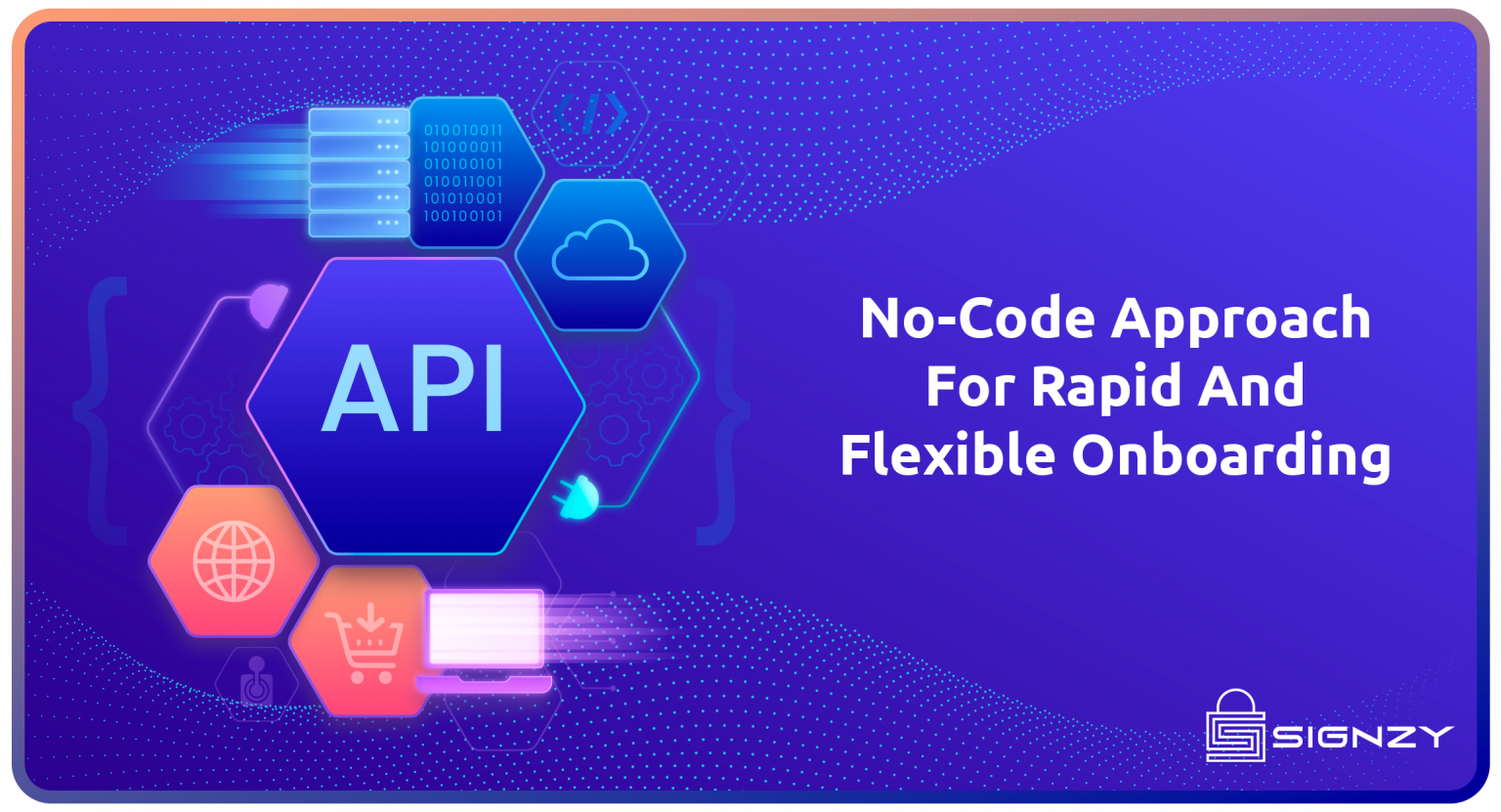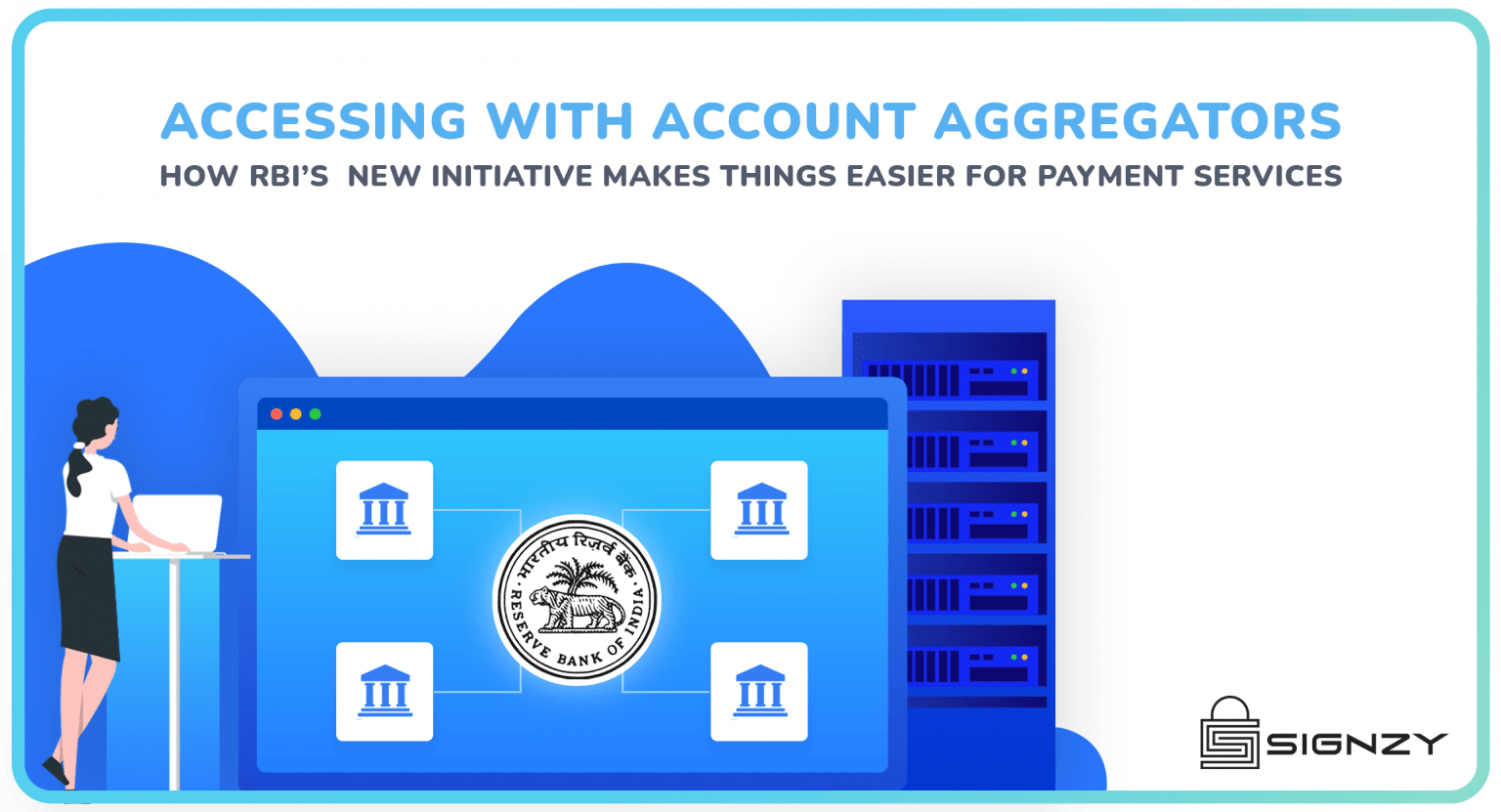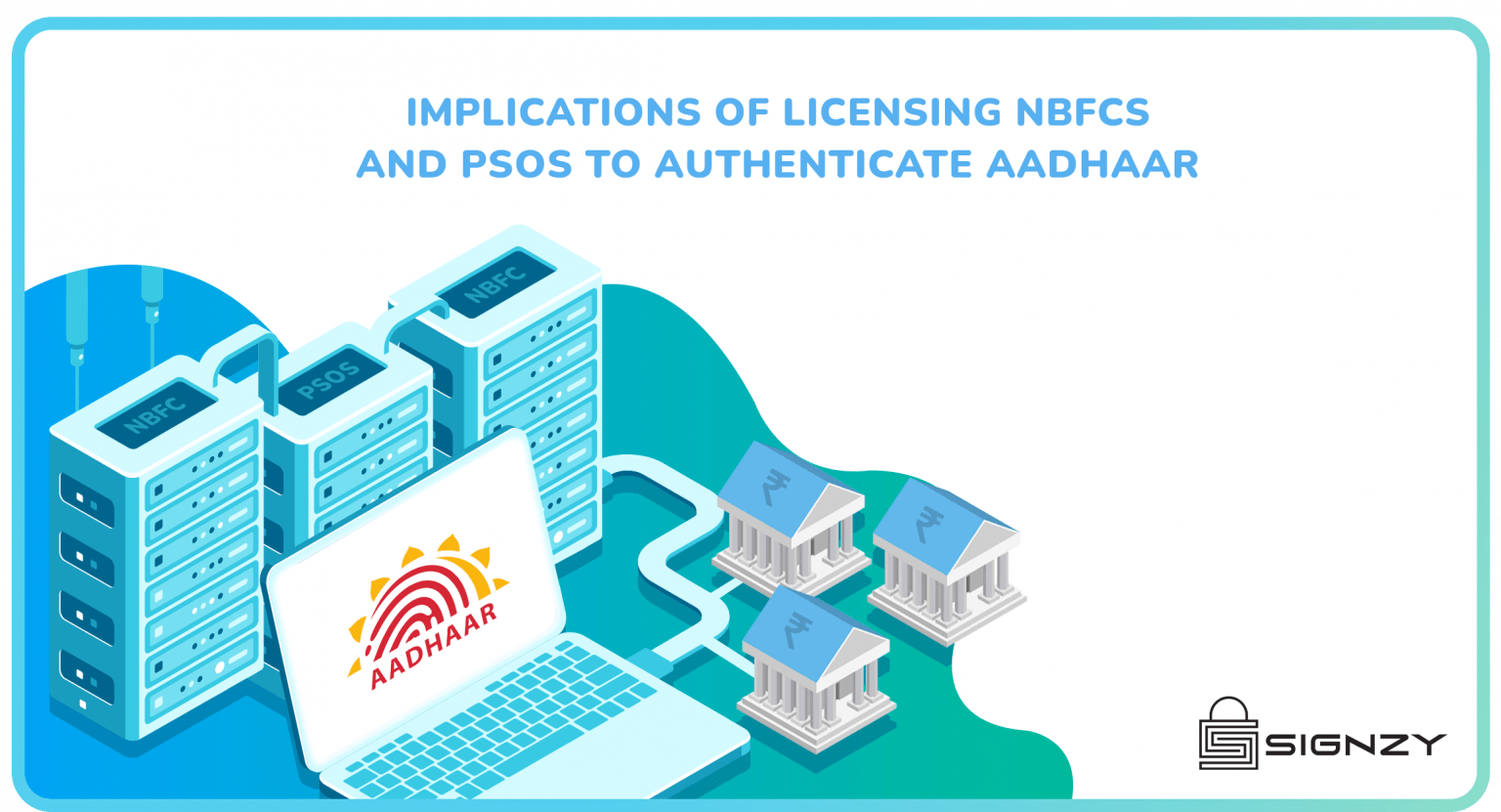The Road Ahead For KYC- 7 Ways Compliance Is Set To Change In This Decade
April 21, 2022
6 minutes read
$45 per employee is what companies pay on average for compliance training. The total average time is 5 hours for this training. When we do the math, if the company has more than 1000 employees, the total cost will amount to a minimum of $225,000 a year. Will this change?
Absolutely, yes!
A wave of increased regulation guidelines worldwide has made KYC(Know Your Customer) compliance more difficult, ergo, more expensive than before. Companies that previously snuck past by treating compliance as simply a checkmark operation now face a future filled with questions.
But, with newer technology and emerging trends, this is changing. This will change the associated expenses and the entire process of KYC compliance. We need to keep an eye out for these. Let’s have a look at the 7 major trends that will
- The Inevitable ‘Perpetual KYC’
Financial institutions(FIs) were content just reviewing customers periodically according to risk ratings. On average, it used to take up to 20 days for a single file to refresh a customer’s details. But now, future KYC compliance is more focused on Perpetual KYC. While regulators were not adamant about reliable, independent source data/documents or information until very recently, expectations will increase as government regulations strengthen with time. Companies should grasp this opportunity to begin working with structured data providers. They can provide event-based, real-time monitoring of alterations in customer details.
- Digital Adoption With Better, Increased Automation
Banks have started to use better AI(artificial intelligence) and ML(machine learning) to assess AML CFT risks. AML in finance is very important, and automation will help fortify it. In cases where they don’t use these outright, they will start to use large, open datasets, with dependence on smaller teams with extremely specialized skills. Moreover, total automation will trigger the quicker adoption of digitization. This will help CFT in banking improve, providing a safer approach to ecosystems even outside of finance.
- Dependence On Centralized Repositories
Decentralized data is a headache for regulatory entities and respective companies. Instead of forcing clients, providers, and regulators to obtain KYC information from multiple sources, centralized repositories will help streamline the data. In addition, it will remove the requirement for institutions to approach clients.
This has a significant impact on the mechanics and dynamics within the industry. Data sourcing is a considerable concern for the involved parties, but centralizing that information and data brings forth other problems to accompany increased capabilities. FIs should select structured data partners scrupulously as this change develops. This will also improve processes for AML in finance.
- Importance Of Operational Resilience Will Increase
Flexible companies can bear better through storms than rigid ones. Conversely, businesses not optimizing processes find themselves outmatched and outgunned by more elastic and agile organizations that acknowledge the need to adapt.
Organizations should focus on enhancing and stabilizing sustainability within KYC processes in order to survive high scrutiny and external pressures. This is particularly true in a post-COVID era, where regulators bring newer priorities and associated concerns to businesses with individual compliance requirements.
- Fading Opaque Ownerships
Increased transparency does not work well for companies obfuscating operations on purpose. As a result, regulators plan to storm down on OCS(ownership concealment strategies). Now that companies and regulators both have improved tools to detect suspicious situations. These institutions that have become accustomed to hiding their UBOs(ultimate beneficial owners) will have a troublesome awakening.
- More Stringent Global And Government Regulations
What do regulatory bodies do when newer processes and tools permit them to detect more rulebreakers? Rarely are they happy with the results. Instead, they double down and increase regulations and lean harder on better technology to eliminate problems that could have been bigger than they initially expected.
After the initial wave of regulatory actions, businesses that remain compliant will not become complacent. Alterations will continue, either in cryptic and coded law or in the practice and execution of existing rules.
- More Data Sharing By FIs
As organizations understand more about compliance concerns, they look to their ecosystem partners to eliminate other issues they might have overlooked. In addition, they will share information through newer content and better practices, improving compliance strategies. Institutions in this regard should be accustomed to sharing more info and advice while working closely with other companies’ compliance teams.
What The Future Of KYC Compliance Holds
As newer regulatory guidelines enter the KYC ecosystem, companies must be vigilant. As technology evolves, best practices and the corresponding expectations of governments, regulators, and entities in the system also develop.
These trends are reshaping the world of KYC compliance. As newer insights and better tools come to light, more recent trends will augment or replace them. Although companies cannot precisely predict the future, they can craft flexible processes and the mindset necessary to traverse the unknown.
But for this, they will need the best resources they can find. That’s where Signzy can help you. Signzy’s state-of-the-art tools for KYC compliance and smooth processing will help and fasten your processes. They are AI-driven and completely customizable.
About Signzy
Signzy is a market-leading platform that is redefining the speed, accuracy, and experience of how financial institutions are onboarding customers and businesses – using the digital medium. The company’s award-winning no-code GO platform delivers seamless, end-to-end, and multi-channel onboarding journeys while offering totally customizable workflows. It gives these players access to an aggregated marketplace of 240+ bespoke APIs that can be easily added to any workflow with simple widgets.
Signzy is enabling ten million+ end customer and business onboarding every month at a success rate of 99% while reducing the speed to market from 6 months to 3-4 weeks. It works with over 240+ FIs globally, including the 4 largest banks in India, a Top 3 acquiring Bank in the US, and has a robust global partnership with Mastercard and Microsoft. The company’s product team is based out of Bengaluru, and it has a strong presence in Mumbai, New York, and Dubai.
Visit www.signzy.com for more information about us.
You can reach out to our team at reachout@signzy.com
Written By:

Signzy
Written by an insightful Signzian intent on learning and sharing knowledge.
